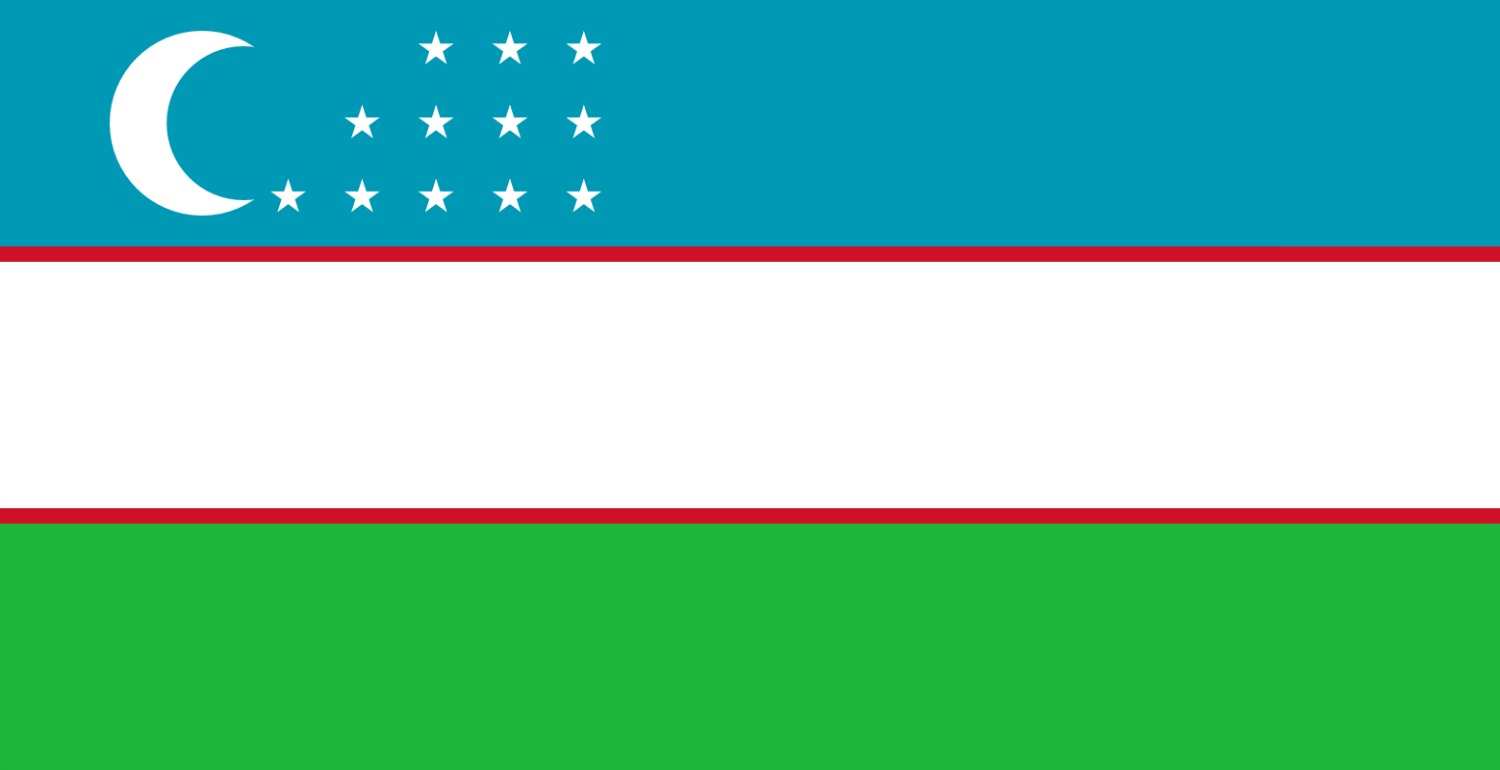This briefing, held in the wake of protests in the town of Andijon in eastern Uzbekistan that were violently put down by Uzbek troops on May 13, examined the crisis in Uzbekistan and U.S. policy options toward the regime of President Islam Karimov. The Uzbek regime has long been listed as an abuser of human rights.
Among those participating in the briefing were: H.E. Samuel Zbogar, Ambassador of Slovenia and representative of the OSCE Chairman-in-Office; Dr. Abdurahim Polat, Chairman of the Uzbek opposition Birlik Party; Mr. Michael Cromartie, Commissioner of the U.S. Commission on International Religious Freedom; Dr. Martha Brill Olcott, Senior Associate at the Carnegie Endowment for International Peace; and Mr. Daniel Kimmage, Central Asia Analyst for Radio free Europe/Radio Liberty. The participants called for Uzbekistan to strive to resolve this situation peacefully, and continue to meet its commitments as a participating State in the OSCE.










